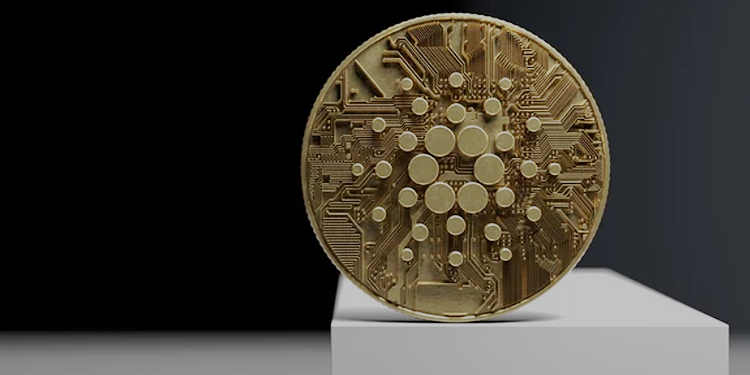Cardano, the third-biggest blockchain by market cap, on Sunday, September 12th, successfully executed the Alonzo hard fork, an upgrade to give the blockchain ‘smart contract’ functionality, which gives developers the ability to create decentralized apps with advanced use-cases.
Within 24 hours, the platform saw over 100 smart contracts run on the network, with its first decentralized application also already deployed.
By building decentralized apps, or ‘DApps’ on the blockchain, developers minimize the security compromises of traditional apps, which live on a central server, instead of utilizing the security of a global network of thousands of networked computers.
However, developing apps on the blockchain has, until now, been inaccessible for many developers, who are faced with high and unpredictable costs, as well as energy inefficiencies which see the largest blockchain platforms using the energy equivalent of entire countries.
As a result, implementing blockchain for smaller enterprises has often not been a truly viable option without having to compromise on sustainability goals or business costs.
Cardano Solution + IOHK
The Cardano blockchain uses a novel mechanism for verifying transactions, the network is 4 million times more efficient than Bitcoin, using the energy equal to a family home, rather than a country as Bitcoin does. Its ability to accurately predict transaction costs also provides price predictability and stability, which allows developers to build apps without risking lost transactions or high costs.
2021 has been a pivotal year for IOHK, the engineering company behind Cardano, which in April announced the world’s largest blockchain deployment, to provide five million teachers and students in Ethiopia with instantly verifiable IDs, facilitating better lesson planning, monitoring of student progress, and empowering the government to be adequately sighted of future workforce planning needs and gaps. For students, it also allows them to share verifiable qualification details with employers.
IOHK also founded a unique solution that allows the creation of NFTs on Cardano without the need for smart contracts, which means that Cardano has seen 780,436 NFTs created to date. In addition, the company has created Catalyst, the world’s largest blockchain innovation fund.
Catalyst is a potential disruptor to the venture capital model. It incentivizes and funds innovative projects to support the Cardano blockchain and ecosystem. Catalyst has already funded 90 projects to the tune of $5 million, with a treasury worth over $1.5B and an engaged community of over 35,000.
This upgrade comes after six years of research and development, including the production of nearly 100 peer-reviewed scientific papers, in order to create a blockchain that can live up to the promises of the technology and address the problems involving cost, environmental stability, security, and scalability.
“This upgrade is the culmination of six years of hard work with some of the brightest minds in blockchain and beyond. The focus is now on improving the platform further and ensuring that Cardano is adopted by corporations and governments. With this launch, commercialization is as much in the hands of the community as it is the system architects, and they are already delivering – in less than 24 hours, over 100 smart contracts have already been run.”
– Charles Hoskinson, CEO of IOHK
Upcoming Cardano Summit
- IOHK will be discussing planned upgrades and improvements to smart contract functionality during the Cardano Summit on the 25th & 26th of September.
- The summit will explore IOHK’s plans to ensure that Cardano fulfills its potential to act as an operating system for industries, supply chains, and governments, as well as discussing the scientific research underpinning the platform. It will also include new project and partnership announcements.
- Speakers will include Sheila Warren, Global Executive, World Economic Forum, Gillian Tett, Editor-at-Large, Financial Times, Misan Harriman, Chair of the Southbank Centre; discussing everything from CBDCs and interoperability to NFTs and climate change.
To sign up for the event, click here.
